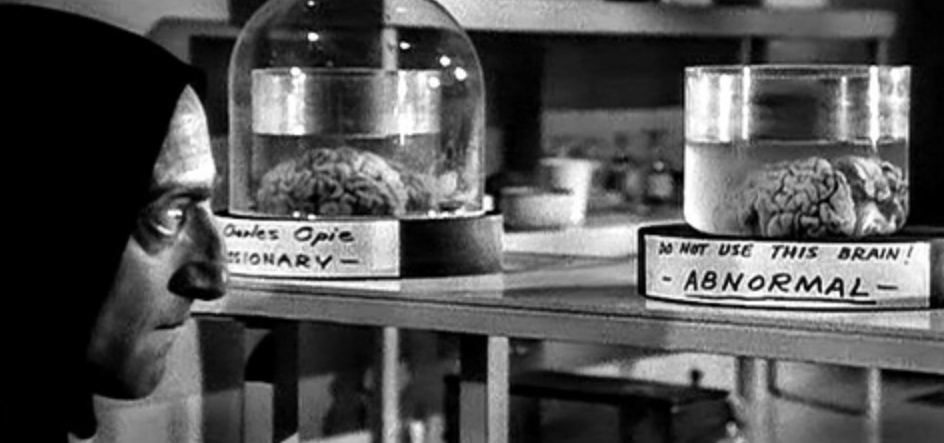Posts Tagged ‘hearing’
Harnessing neurotech for actual Human Enhancement — i.e., how to prevent ‘Frankenstein’ Brains
___ The Neurotech Revolution Could Lead To ‘Frankenstein’ Brains. Here’s How We Avoid It (Forbes): “Year 2030, your college-age daughter, who has normal hearing, has been pounding on you to get the latest hearing aid that allows one to cancel out noise on demand, amplify selected ambient conversations at will, and can easily connect to…
Read More“Could you repeat that?” Study links hearing loss to brain aging
It’s Not Your Ears, It’s Your Brain (UMD release): “Could you repeat that?” The reason you may have to say something twice when talking to older family members at Thanksgiving dinner may not be because of their hearing.
Read MoreMichael Merzenich: Brain Plasticity offers Hope for Everyone
“Whatever you struggle with in a sense as it stems from your neurology, the inherent plasticity of the brain gives you a basis for improvement. This is a way underutilized and under-appreciated resource that well all have.” Dr. Michael Merzenich on the Brain Science Podcast #54, 2/13/09. Recently there has been growing controversy about the…
Read More
